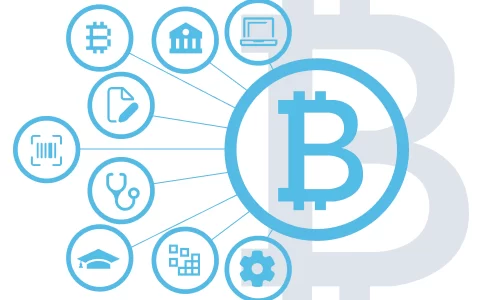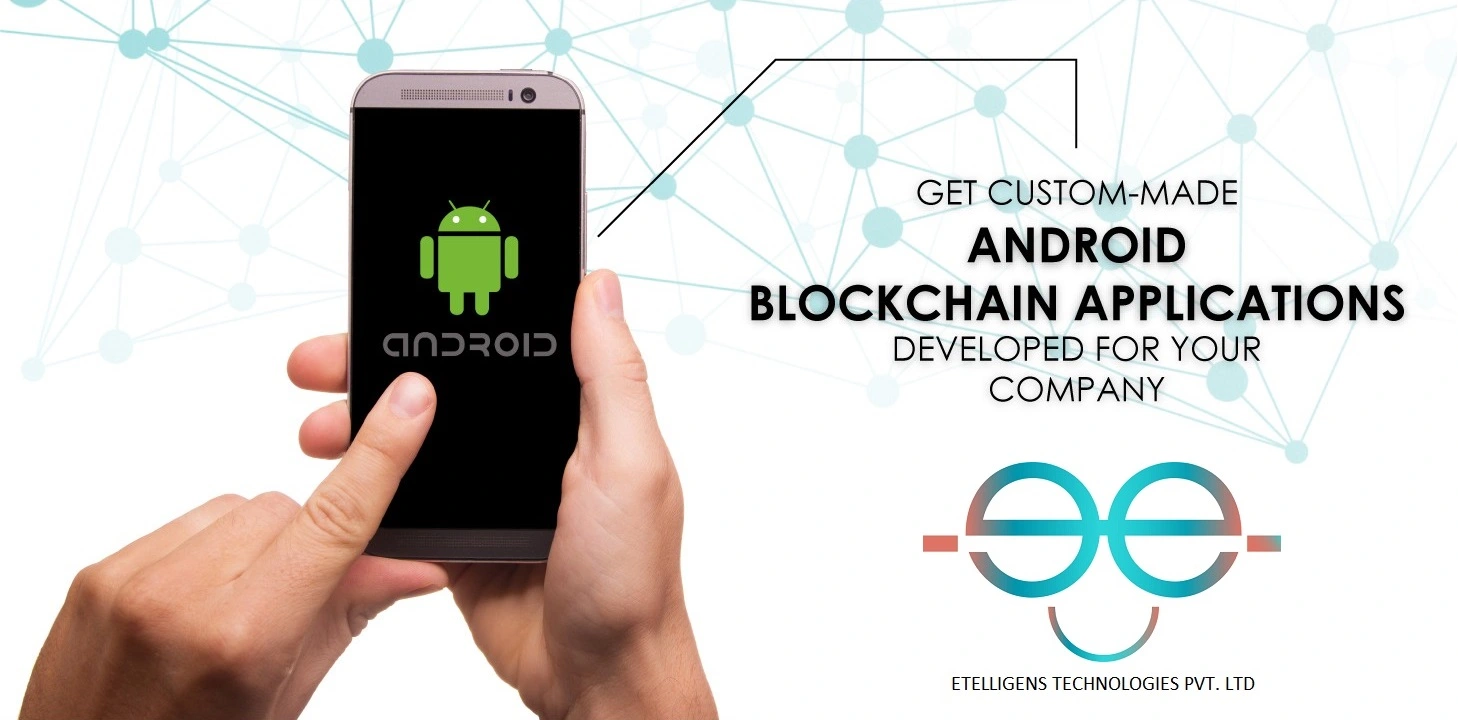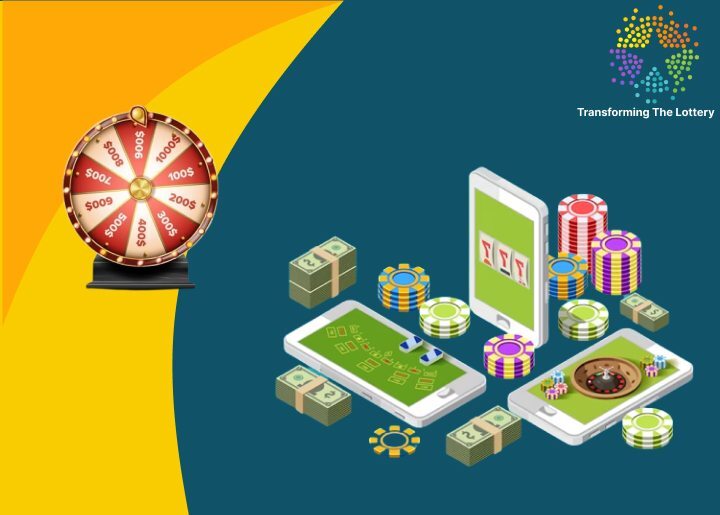Blockchain Development Company

Unlock the full potential of blockchain technology for your business with Etelligens. We turn blockchain concepts into practical, secure, and perfect applications, providing end-to-end blockchain development services from the ground up.
Trusted by the Top Brands




Blockchain Development Services
Our Blockchain Services make apps a part of the business reality, allowing you to capitalize on blockchain technology’s full potential.

Minimal Viable Product Creation
We help you test the waters before launching your full-fledged blockchain app by developing and launching a functional MVP.

Crypto Exchange Development
We help you create a secure, hack-proof platform for the real-time exchange of cryptocurrencies on iOS and Android.

End-to-End App Development
From concept and design to development and deployment, we handle all aspects of blockchain app development.

Private Blockchain Development
We create enterprise-grade distributed codebases and ledgers that restrict participation in open-source distributed ledgers.

Initial Coin Offering (ICO) Services
Our services include developing investor pitches, white papers, generating cryptocurrencies for distribution, and promoting your ICO.

Custom Blockchain Solutions
We provide customized blockchain solutions that integrate seamlessly with your existing mobile and web apps.

Crypto Wallet Development
We build secure and efficient cryptocurrency wallet apps that store multiple currencies and track transaction histories.
Hyperledger-Based Solutions
We offer scalable and secure blockchain applications that are trusted and support a range of plug-ins.

Supply Chain Solutions
Our blockchain developers create full-lifecycle data tracking solutions, from production and logistics to retail and end-consumers.

Smart Contracts Development & Audits
We offer smart contract development services across various industries, ensuring a conflict-free business ecosystem.

Finance & Payment Solutions
Our blockchain-based payment solutions help ensure decentralized, immutable records, reducing fraud and ensuring transparency.
Blockchain is a disruptive technology, but is it right for you? As a trusted Solana blockchain development company, we help answer your questions and guide your project to success.
Blockchain Development Solutions
Why Hire Blockchain Developers from Etelligens?
We are pioneers in providing mobile app solutions that leverage the immutable advantages of decentralization. Whether developing cryptocurrencies, smart contracts, or auditing procedures before they go live, we ensure the blockchain ecosystem operates securely and efficiently. When you hire blockchain developers from Etelligens, you get a dedicated team of designers, developers, and marketers skilled in the languages and tools that build decentralized ecosystems.
Frequently Asked Questions
1. What is blockchain app development and how does it work?
Blockchain app development refers to the process of creating decentralized applications (dApps) that operate on blockchain networks rather than centralized servers. These applications leverage distributed ledger technology to provide transparency, security, and immutability.
The development process typically involves:
- Conceptualization: Defining the use case and determining if blockchain actually solves a problem your application faces
- Choosing a blockchain platform: Selecting from options like Ethereum, Solana, Polygon, or Binance Smart Chain based on your specific requirements
- Smart contract development: Writing self-executing contracts with business logic coded directly into them
- Frontend development: Creating intuitive user interfaces that connect to the blockchain backend
- Testing and deployment: Rigorous testing on testnets before mainnet deployment
At Etelligens, we've observed that successful blockchain apps require a thoughtful approach to architecture that balances on-chain and off-chain components for optimal performance and cost-efficiency.
According to research by Deloitte, organizations implementing blockchain solutions report improvements in data transparency (83%), security (82%), and process efficiency (79%). The technology enables trust in environments where parties may not inherently trust each other, creating new possibilities for digital interactions.
2. What skills do blockchain developers need?
Successful blockchain developers require a diverse skillset spanning traditional development expertise and specialized blockchain knowledge:
Core Technical Skills:
- Proficiency in programming languages (JavaScript, Python, Solidity, Rust)
- Strong understanding of data structures and algorithms
- Experience with web development technologies (React, Node.js)
- Knowledge of cryptography principles
Blockchain-Specific Skills:
- Smart contract development
- Consensus mechanisms understanding
- Decentralized architecture design
- Blockchain security practices
Soft Skills:
- Problem-solving ability
- Continuous learning mindset
- Communication skills
- Understanding of economic incentives and game theory
The rapid evolution of blockchain technology means developers must commit to continuous learning. As noted by IEEE Blockchain Initiative, the most valuable developers combine technical expertise with domain knowledge in areas like finance, supply chain, or gaming.
In our experience at Etelligens, developers who excel in blockchain projects are those who understand both the technical aspects and the business context in which these technologies operate.
3. What are the key benefits of developing blockchain applications?
Blockchain applications offer distinctive advantages that address fundamental challenges in digital systems:
Enhanced Security and Immutability
- Cryptographic security protects against unauthorized changes
- Distributed nature eliminates single points of failure
- Immutable record-keeping ensures data integrity
Transparency and Trust
- Verifiable transaction history accessible to all participants
- Reduced need for intermediaries and third-party verification
- Built-in audit trails for regulatory compliance
Operational Efficiency
- Automation through smart contracts reduces manual processes
- Streamlined reconciliation across multiple parties
- Reduction in administrative overhead and paperwork
New Business Models
- Tokenization of assets enables fractional ownership
- Direct peer-to-peer transactions without intermediaries
- Creation of incentive mechanisms through tokens
Research by PwC estimates blockchain technology could boost global GDP by $1.76 trillion by 2030 through improved tracking and tracing, payments and financial services, identity management, and contract and dispute resolution.
At Etelligens, we've helped businesses implement blockchain solutions that transformed their operations, from supply chain transparency to decentralized finance applications, but always emphasize that blockchain should be applied strategically to problems where its unique properties add genuine value.
4. What is blockchain game development and how does it differ from traditional game development?
Key Differences:
Asset Ownership:
- Traditional games: In-game items belong to the game company
- Blockchain games: Players truly own their digital assets as NFTs that can be traded, sold, or transferred outside the game
Economic Models:
- Traditional games: Closed economies controlled by developers
- Blockchain games: Open economies with real-world value and player-to-player transactions
Development Focus:
- Traditional games: Primarily focused on gameplay and graphics
- Blockchain games: Balance between engaging gameplay and sustainable tokenomics
Technical Infrastructure:
- Traditional games: Centralized servers and databases
- Blockchain games: Decentralized architecture with on-chain and off-chain components
Revenue Models:
- Traditional games: One-time purchases, subscriptions, or in-app purchases
- Blockchain games: Play-to-earn mechanics, NFT sales, transaction fees
According to DappRadar, blockchain gaming attracted over $4 billion in investments in 2021-2022, showing significant market potential despite being in early stages of development.
The development team at Etelligens approaches blockchain game development with a dual focus on creating engaging player experiences while establishing sustainable economic models that benefit both players and developers long-term.
5. How do I hire blockchain developers?
Finding qualified blockchain developers requires a strategic approach to navigate this specialized talent pool:
Define Your Project Requirements:
- Specify which blockchain platform you'll use (Ethereum, Solana, etc.)
- Determine if you need smart contract developers, frontend integration, or full-stack blockchain expertise
- Decide on required experience level and specialized knowledge (DeFi, NFTs, gaming)
Sourcing Channels:
- Specialized blockchain job platforms (CryptoJobs, BlockchainJobz)
- Developer communities (GitHub, Stack Overflow, Discord servers)
- Blockchain conferences and hackathons
- Specialized development agencies with blockchain expertise
Evaluation Process:
- Review past blockchain projects and contributions to open-source projects
- Assess understanding of security best practices and common vulnerabilities
- Test problem-solving skills with blockchain-specific scenarios
- Verify familiarity with your chosen blockchain platform
Retention Considerations:
- Competitive compensation (blockchain developers command 20-50% premium)
- Opportunities for continued learning and growth
- Challenging and meaningful projects
When evaluating potential hires, the Linux Foundation recommends focusing on candidates who demonstrate both technical proficiency and understanding of blockchain's practical business applications.
At Etelligens, we've built our blockchain development team by prioritizing both technical excellence and collaborative problem-solving capabilities, which we've found essential for successful blockchain implementations.
6. What are the essential skills and expertise required for a blockchain developer?
Blockchain developers need a comprehensive skillset that spans multiple disciplines:
Technical Foundation:
- Programming Languages: Proficiency in Solidity for Ethereum, Rust for Solana/Near, JavaScript for web integration
- Computer Science Fundamentals: Strong understanding of data structures, algorithms, and network architecture
- Web Development: Experience with frontend frameworks (React, Angular) and backend technologies (Node.js)
- Database Knowledge: Understanding both traditional databases and blockchain data structures
Blockchain-Specific Expertise:
- Smart Contract Development: Writing, testing, and auditing secure smart contracts
- Blockchain Architecture: Understanding how different consensus mechanisms work
- Cryptography: Knowledge of hash functions, public-key cryptography, and zero-knowledge proofs
- Web3 Integration: Connecting decentralized applications to blockchain networks
Important Soft Skills:
- Security Mindset: Ability to anticipate vulnerabilities and attack vectors
- Continuous Learning: Staying updated with rapidly evolving protocols and standards
- Problem-Solving: Finding innovative solutions to technical challenges
- Economic Thinking: Understanding incentive mechanisms and game theory
According to the Blockchain Council, the most sought-after developers demonstrate both depth in specific blockchain technologies and breadth across multiple platforms.
From our perspective at Etelligens, the most valuable blockchain developers combine technical expertise with business acumen—understanding not just how to implement blockchain solutions, but when they create genuine value for organizations.
7. What are the common challenges and considerations in blockchain app development?
Blockchain application development presents unique challenges that teams must address for successful implementation:
Technical Challenges:
- Scalability Limitations: Many blockchains face throughput constraints (transactions per second)
- Cost Optimization: Balancing on-chain vs. off-chain operations to manage transaction fees
- Integration Complexity: Connecting blockchain components with existing systems
- Development Environment: Less mature tooling compared to traditional development
Business Considerations:
- Regulatory Compliance: Navigating evolving regulations across different jurisdictions
- User Experience: Creating intuitive interfaces that abstract blockchain complexity
- Tokenomics Design: Developing sustainable economic models for token-based applications
- Network Selection: Choosing the most appropriate blockchain for specific use cases
Operational Factors:
- Performance Monitoring: Implementing effective monitoring for decentralized systems
- Upgrade Management: Planning for protocol upgrades and potential forks
- Disaster Recovery: Developing strategies for smart contract failures or exploits
- Talent Acquisition: Finding and retaining specialized development expertise
The Enterprise Ethereum Alliance highlights that successful enterprise blockchain implementations carefully balance technical requirements with business needs while planning for long-term maintenance.
At Etelligens, we address these challenges through comprehensive planning phases that identify potential issues early, developing hybrid architectures that optimize for performance and cost, and implementing rigorous testing protocols before deployment.
8. What are the benefits of integrating blockchain technology into games?
Blockchain technology introduces transformative benefits to gaming ecosystems:
True Digital Ownership
- Players fully own in-game assets as NFTs stored on blockchain
- Items persist even if the game shuts down or changes operators
- Assets can be sold, traded, or transferred across compatible games
Economic Empowerment
- Play-to-earn mechanics create new value-generation opportunities
- Player contributions to the ecosystem can be directly rewarded
- Decentralized autonomous organizations (DAOs) enable player governance
Enhanced Transparency
- Verifiable scarcity of digital items
- Clear provenance and history of game assets
- Transparent drop rates and game mechanics
Interoperability Potential
- Assets usable across multiple games in connected ecosystems
- Character progression transferable between compatible titles
- Shared universes with consistent digital identity
Research by Newzoo indicates that blockchain gaming is attracting new demographics, with 70% of blockchain gamers coming from outside traditional gaming communities, representing market expansion rather than just displacement.
The development teams at Etelligens have observed that successful blockchain games find the right balance between compelling gameplay and meaningful economic incentives, avoiding the pitfall of prioritizing tokenomics over player enjoyment.
9. What blockchain platforms are typically used for app development?
Different blockchain platforms offer varying capabilities for application development:
Ethereum
- Most established dApp ecosystem with extensive developer resources
- Solidity programming language for smart contracts
- Higher transaction costs but robust security and decentralization
- Best for: Applications requiring strong security, DeFi projects, established NFT ecosystems
Solana
- High throughput (65,000+ TPS) with low transaction costs
- Rust-based programming for performance-critical applications
- Focused on scalability and developer experience
- Best for: High-frequency trading, gaming applications requiring low latency
Polygon
- Layer-2 scaling solution for Ethereum
- Compatible with Ethereum tools and smart contracts
- Lower fees while maintaining Ethereum security
- Best for: Applications needing Ethereum compatibility with lower costs
Binance Smart Chain
- EVM-compatible chain with lower fees
- Faster block times than Ethereum
- Centralized aspects improve performance
- Best for: Applications needing balance of cost and adoption
Specialized Platforms
- Flow: Designed specifically for NFTs and digital collectibles
- Cardano: Formal verification focus for high-security applications
- Polkadot: Interoperability between multiple blockchains
According to ConsenSys, enterprise adoption increasingly favors platforms with hybrid approaches that balance public blockchain benefits with private network control.
At Etelligens, our platform selection process evaluates factors including transaction costs, required throughput, development ecosystem maturity, and long-term sustainability to match clients with the most appropriate blockchain for their specific use case.
10. How do I find and hire qualified blockchain developers?
Sourcing and hiring blockchain talent requires a strategic approach to navigate this competitive market:
Effective Sourcing Channels:
- Developer Communities: GitHub, GitLab, and Stack Overflow profiles demonstrate practical skills
- Blockchain-Specific Platforms: CryptoJobs, Blocktribe, and Web3.career specialize in blockchain roles
- Technical Events: Hackathons, blockchain conferences, and developer meetups
- University Programs: Institutions with specialized blockchain courses or research
- Development Agencies: Specialized firms with pre-vetted blockchain talent
Screening Best Practices:
- Review contributions to open-source blockchain projects
- Evaluate understanding of cryptographic principles
- Assess knowledge of specific blockchain protocols relevant to your project
- Test practical skills through coding challenges focused on blockchain problems
Interview Approach:
- Use case-based interviews discussing blockchain architecture decisions
- Explore security considerations for smart contracts
- Discuss past experience scaling blockchain applications
- Assess problem-solving through blockchain-specific scenarios
Evaluation Criteria:
- Balance between theoretical knowledge and practical experience
- Understanding of business implications beyond technical aspects
- Communication skills to explain complex concepts
- Continuous learning mindset given rapid industry evolution
A survey by Gartner found that 61% of businesses struggle to find qualified blockchain talent, making it essential to create attractive opportunities that appeal to specialists.
Etelligens has developed a comprehensive technical assessment process for blockchain developers that evaluates both fundamental skills and specialized knowledge, ensuring our teams can effectively deliver on client blockchain initiatives regardless of complexity.


